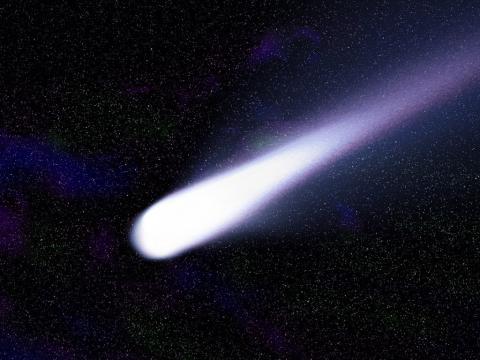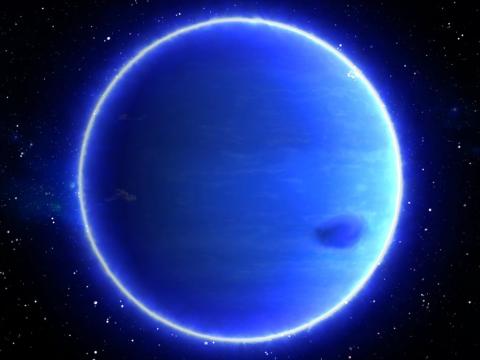Scientific Origins of the Universe
What is the Big Bang Theory?
- The Big Bang Theory is a widely accepted scientific explanation about the origins of the universe. It suggests that the universe began as a singularity and expanded rapidly in a massive explosion.
What is cosmic background radiation?
- Cosmic background radiation is radiation left over from the Big Bang. It is a faint glow of light that is present in all directions in the universe.
What is dark matter?
- Dark matter is matter that emits no light and cannot be seen directly. It is believed to make up approximately 27% of the universe.
What is dark energy?
- Dark energy is energy that emits no light and cannot be seen directly. It is believed to make up approximately 68% of the universe.
What is the Hubble Space Telescope?
- The Hubble Space Telescope is a telescope that orbits the Earth and observes the universe in visible, ultraviolet, and infrared light. It has provided scientists with valuable information about the origins and evolution of the universe.
What is a supernova?
- A supernova is a type of star that explodes and releases a massive amount of energy. It is one of the most powerful events in the universe.
What is a black hole?
- A black hole is a region of space with a gravitational pull so strong that nothing can escape, not even light. It is formed when a massive star collapses in on itself.
What is a neutron star?
- A neutron star is a type of star that is very dense and small. It is formed when a massive star explodes in a supernova and its core collapses.
What is the age of the universe?
- The age of the universe is approximately 13.8 billion years. This estimate is based on measurements of the cosmic microwave background radiation and the observed rate of expansion of the universe.
What is the ultimate fate of the universe?
- The current scientific consensus is that the universe will continue to expand forever. However, this is subject to change as new discoveries are made.






